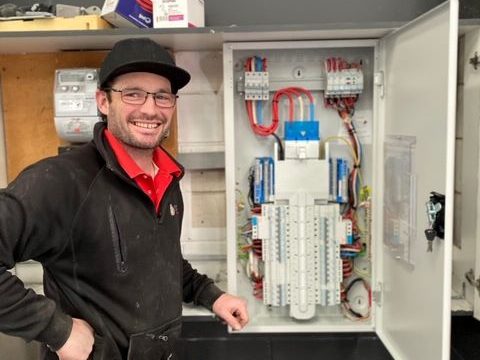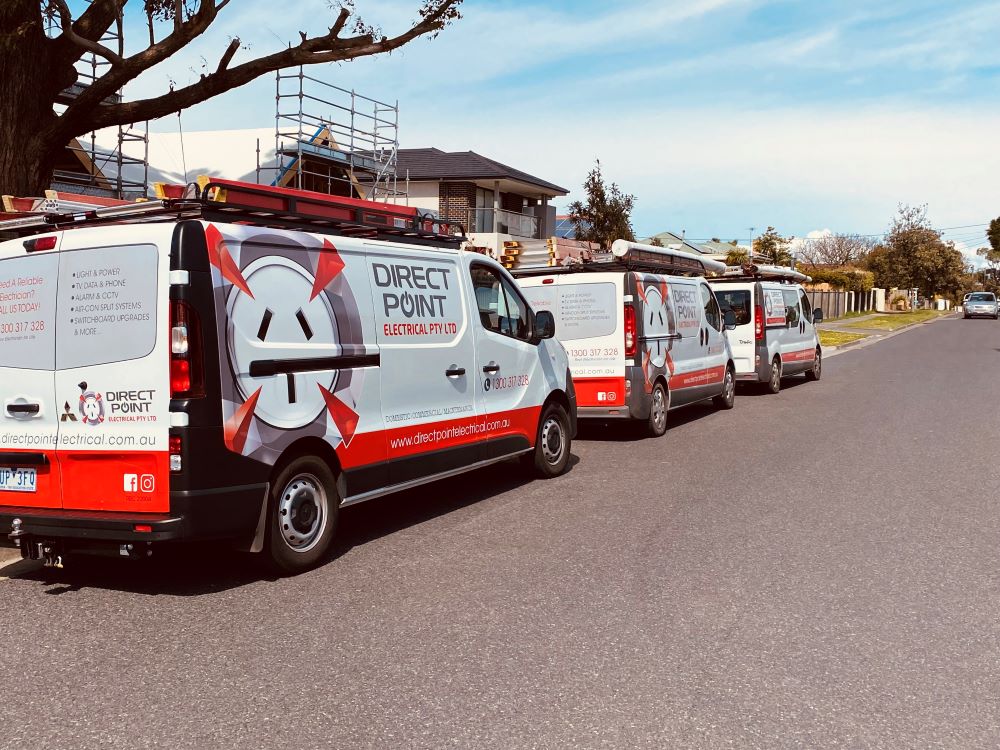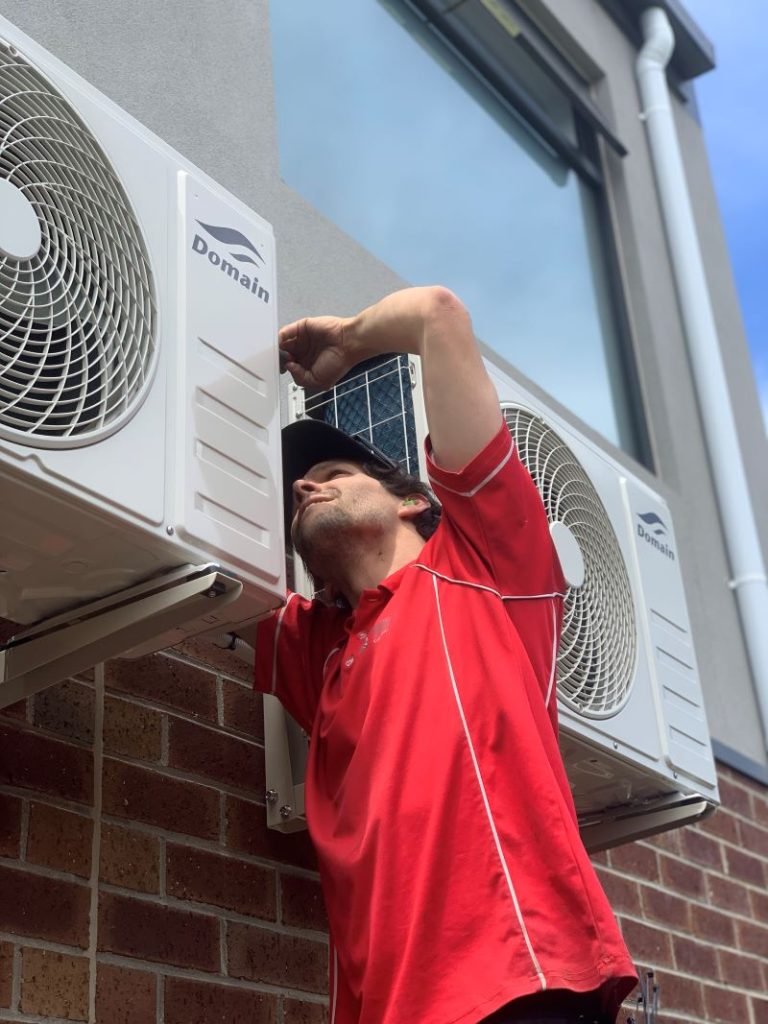Why Comprehensive Electrical Safety Inspections Are Vital for Your Home's Safety
An electrical safety inspection is a thorough assessment of your home’s wiring, switchboard, outlets, and essential safety devices. This crucial evaluation ensures compliance with the Australian Standard AS/NZS 3000 and identifies potential dangers such as overloaded circuits, faulty wiring, or missing safety switches. Carried out by qualified electricians, these inspections play an integral role in preventing hazards like electric shocks, catastrophic fires, and damage to your valuable electrical devices, ensuring the safety and integrity of your home.

Key Electrical Safety Inspections Every Homeowner Should Prioritise
Many homeowners mistakenly assume that their home’s electrical system is operating without issues until a significant problem arises. But how can you be sure that your wiring is not deteriorating behind the walls? Are you certain that your switchboard is functioning efficiently and not prone to overheating? Regular electrical safety inspections are not just precautionary—they are essential, particularly in older suburbs like Narre Warren and Rowville. Many homes in these areas are over 40 years old, often necessitating the replacement of outdated switchboards. Whether you are buying, selling, renovating, or simply haven’t had an inspection in years, grasping the inspection process and its importance is vital for safeguarding your home.
In-Depth Overview of the Electrical Safety Inspection Process
An electrical safety inspection includes a detailed evaluation of your entire electrical infrastructure. A certified electrician will scrutinise the condition, compliance, and operational effectiveness of:
- Wiring and cable insulation
- Power outlets and light switches
- Switchboard and circuit breakers
- Residual Current Devices (RCDs) or safety switches
- Earthing and bonding systems
- Appliance connections and load capacity
- Smoke alarm wiring (if hardwired)
- External weatherproofing of outdoor circuits
At Direct Point Electrical, we diligently comply with all pertinent legislation and guidelines, including the AS/NZS 3000:2018 Wiring Rules, Energy Safe Victoria standards, and Victorian Rental Tenancy Regulations, ensuring that your home is both safe and compliant with the current regulations.
Why Electrical Inspections Are Essential for Older Properties
Homes constructed prior to 1990 often utilised outdated wiring methods, such as rubber-insulated or aluminium cabling. These materials can deteriorate over time, especially in environments exposed to moisture or heat. If your home has not been rewired or inspected in over 20 years, scheduling a safety inspection is crucial. We frequently discover critical issues, including:
- Non-earthed outlets
- Oversized fuses
- Lack of smoke alarms
- Circuits without RCDs
- Undersized cabling for modern electrical demands
These issues pose significant risks that can threaten both your property and personal safety, underscoring the necessity of timely inspections to mitigate potential dangers.
When to Schedule Your Electrical Inspection for Optimal Safety
- Before purchasing or selling a property: This is often a requirement from lenders and is an essential step for buyer diligence.
- Prior to renovations or upgrades to major appliances: Ensuring electrical safety before modifications is imperative.
- After experiencing flood, storm, or fire damage: Prompt inspections are crucial to identify any new hazards.
- If your home is over 25 years old: Regular evaluations are essential for older properties.
- As a landlord, during the preparation of a rental property: Compliance and safety checks are of utmost importance.
Since March 2021, landlords in Victoria are required to conduct electrical safety checks every two years, in accordance with the Residential Tenancies Regulations 2021.
For further information, please visit: Victorian Government Consumer Affairs.
Step-by-Step Guide to the Electrical Safety Inspection Process
Our licensed electricians conduct a comprehensive walkthrough and evaluation of all accessible electrical systems, which includes:
- Testing every socket and switch for faults
- Verifying polarity and voltage at all connection points
- Confirming the presence and functionality of RCDs
- Inspecting the switchboard layout, protection mechanisms, and labelling
- Utilising thermal imaging to identify overheating components (when necessary)
- Carrying out earth loop impedance testing
- Documenting any illegal or DIY wiring
Upon concluding the inspection, you will receive a comprehensive written report detailing:
- Existing hazards
- Compliance status
- Urgent repair needs (if any)
- Recommended upgrades for safety
- Suggestions for enhancing overall safety
Moreover, we provide a Certificate of Electrical Safety (COES) for any rectification work completed during the inspection, guaranteeing you peace of mind regarding your home’s safety.
What to Do If Your Home Does Not Pass the Electrical Inspection
There’s no need to panic. Many homes we assess require only minor adjustments, such as adding an RCD, replacing a handful of worn outlets, or addressing an overloaded circuit. If we uncover serious issues (for instance, non-earthed wiring or an outdated switchboard), we will prioritise the safety risks and provide you with a clear, fixed quote for the necessary repairs. For more details on how we approach updates, please visit our electrical services page.
What to Expect Regarding the Duration of Your Electrical Safety Inspection
The length of most inspections generally varies between 1.5 to 2.5 hours, depending on the size and accessibility of your property. If you live in a double-storey or split-level home, or have extensive outdoor electrical systems, the duration may slightly increase to ensure a comprehensive evaluation is completed.
Financial Advantages of Regular Electrical Safety Inspections
Neglecting to identify issues such as leaking currents, loose neutral connections, or improperly loaded circuits can lead to significant consequences, including:
- Escalating power bills
- Reduced lifespan of your electrical appliances
- Potential for costly repairs if problems are left unaddressed
Moreover, recognising faults early on protects you from potential financial burdens and legal complications associated with an electrical fire or injury claims, particularly relevant if you are a landlord responsible for property safety.
Common Inquiries Regarding Electrical Safety Inspections
What is the difference between a safety inspection and an energy audit?
A safety inspection focuses on identifying hazards and ensuring compliance with safety standards, while an energy audit evaluates energy efficiency and provides recommendations to reduce energy consumption.
Do I need to turn off the power during the inspection?
It is not always necessary to shut off the power. Some tests may require brief disconnections, but the majority of the inspection can be conducted while the power remains on.
Will I incur fines if I neglect safety checks?
If you are a landlord, the answer is affirmative. Under the Residential Tenancies Act, failing to conduct bi-annual safety checks can result in fines or complications with rental listings, which can have serious consequences.
Is a safety inspection necessary if I have solar panels?
Yes, a safety inspection is essential. Solar systems contain additional components that require testing, such as isolators, inverters, and export limits, all of which must comply with safety regulations.
Can DIY electrical work negatively impact my inspection results?
It certainly can. Any non-compliant or unlicensed modifications must be corrected before we can issue a safety clearance, making professional oversight essential to ensure compliance and safety.
Your Trusted Local Electrician for Thorough Electrical Safety Inspections
Investing in electrical safety inspections is one of the most critical and cost-effective measures for protecting your home. These inspections can help prevent tragic incidents, and if your residence is older, has undergone recent renovations, or has not been professionally evaluated in years, now is the perfect time to take proactive steps towards ensuring electrical safety.
Contact Direct Point Electrical today to schedule your professional inspection and ensure your home's electrical safety.
Reliable Local Electricians You Can Depend On
Electrical Safety Inspections Explained: What Melbourne Homeowners Must Know
The Article: Electrical Safety Inspections: Essential Guide for Melbourne Homeowners first appeared on https://writebuff.com
The Article Essential Guide to Electrical Safety Inspections for Melbourne Homeowners Was Found On https://limitsofstrategy.com
The Article Electrical Safety Inspections: A Key Guide for Melbourne Homeowners found first on https://electroquench.com




